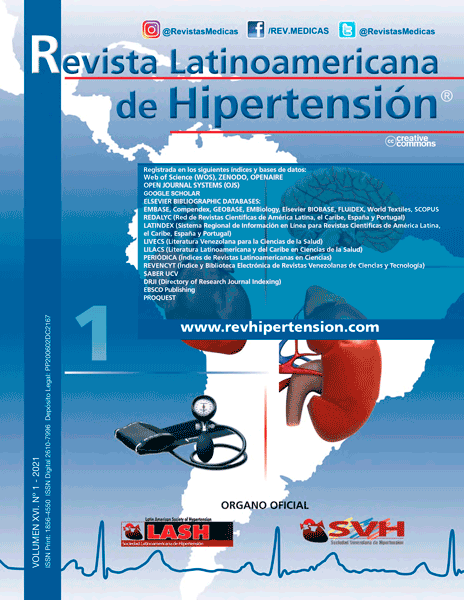A study of pre-hospital emergency care personnel's perception of ethical and clinical caring challenges in the field: a qualitative study
Keywords:
Caring challenges, Emergency Medical Services, qualitative researchAbstract
Introduction & Background: Due to their unpredictable and critical working conditions including Out-of-hospital cardiac arrest (OHCA) and Cardiopulmonary resuscitation (CPR), Pre-hospital emergency care personnel experience difficult and complicated situations in the field presenting them with various ethical and clinical caring challenges which affect their clinical decisions.
Objectives: The present study aims to determine pre-hospital emergency care personnel's perception of the ethical and clinical caring challenges they face in the field.
Methods: The present study is a work of qualitative research with a content analysis approach. Data were collected through semi-structured, in-depth interviews and field notes. The collected data were analyzed using conventional content analysis. The participants were 25 pre-hospital emergency care personnel members in Iran who met the inclusion criteria. They were selected via purposeful sampling which was continued to saturation point. The study lasted from February to November 2020.
Results: Two main themes—paradox in decision-making and patients' ethics and values—with 8 categories were extracted from the collected data.
Conclusion: The results of the present study show that, in the field, pre-hospital emergency care personnel confront various ethical and clinical caring challenges which create paradoxes in their professional performance and ethical decisions. Yet, they should make the best ethical decision and provide care combined with respect for patients' ethical identities and beliefs to achieve satisfactory medical care results. To provide high-quality care, pre-hospital emergency care personnel must be provided with a proper cultural, professional, and organizational environment which is free of ethical distress.

